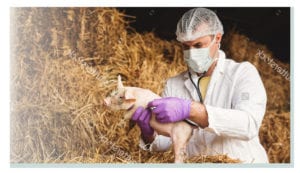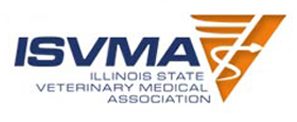Much emphasis is being placed on veterinary wellness today, and rightly so. Our profession has many stressors, which are often amplified for new and recent graduates. It stands to reason that if we can ease the transition from veterinary school to practice (or other employment), we can help the newest members of our profession achieve success, as well as strengthen the future of veterinary medicine.
One step in the right direction would be to place more emphasis on hands-on experience prior to admission to veterinary college. Whether on a farm, in a veterinary prac tice, at a shelter, or in a research facility, early exposure to the realities of the post-graduation work world would be a big benefit. As a corollary to this early experience, veterinary schools could also place greater emphasis on externship opportunities. These are an excellent way for veterinary students to gain further experience in “real-world” career situations, and to gauge their preparation for their intended areas of focus.
tice, at a shelter, or in a research facility, early exposure to the realities of the post-graduation work world would be a big benefit. As a corollary to this early experience, veterinary schools could also place greater emphasis on externship opportunities. These are an excellent way for veterinary students to gain further experience in “real-world” career situations, and to gauge their preparation for their intended areas of focus.
While in professional school, increased and/or mandatory courses in business and finance could be very useful, both from a personal standpoint (debt management, contracts, etc.) and that of an employee (gaining greater knowledge of fee structure, expenses, staff management, etc.). Also, veterinary colleges need to find a balance between demonstrating the perfect way to perform procedures with the realities of private veterinary practice. Many hospitals do not have ready access to many of the diagnostic tools and resources that can be taken for granted in a university setting.
Finally, at any stage in student or professional life, a good support network is critical. Colleges and veterinary organizations are becoming more proactive regarding peer support groups, and mentoring possibilities. In employment situations, owners, co-workers, and recent graduates all need to demonstrate patience with each other. Open lines of communication are critical, as well as willingness to work together to achieve goals. All of the abovementioned suggestions can help the newest members of our great profession be successful veterinarians!
